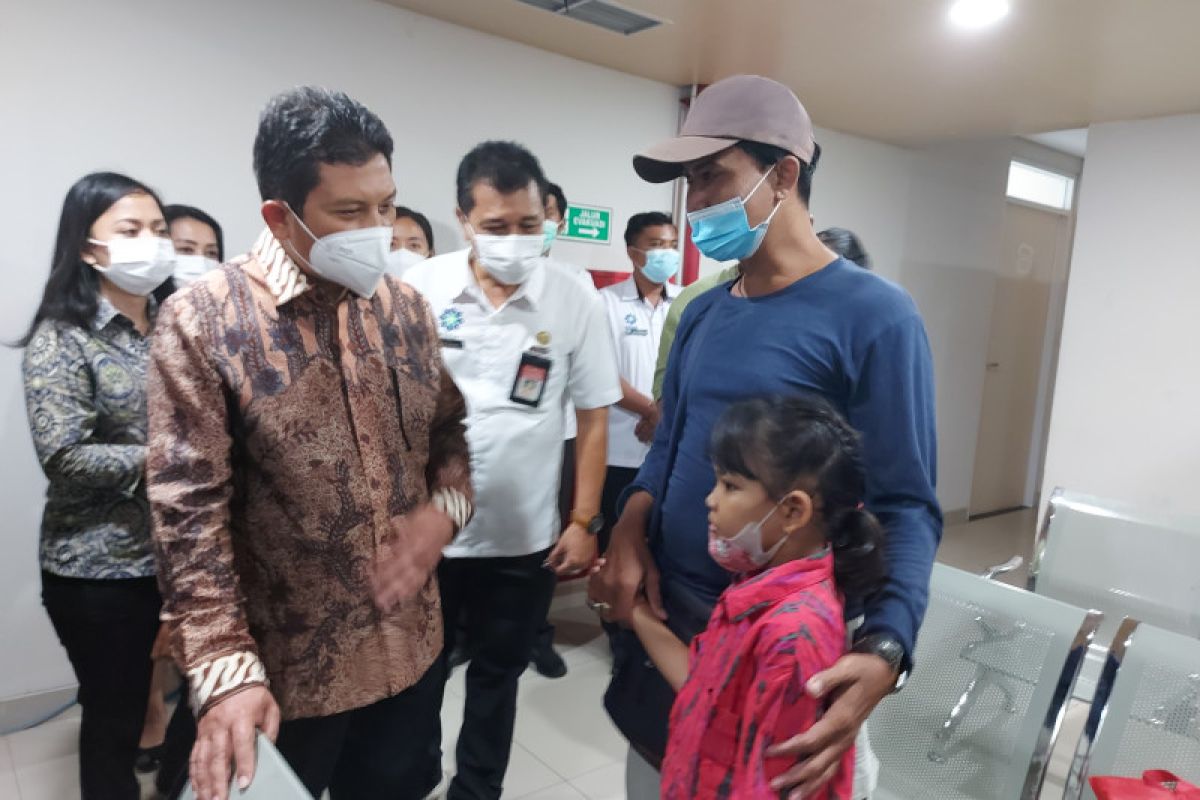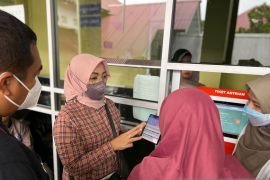I received news that patients have to wait for four to seven hoursBali (ANTARA) - Implementation of service digitalization in hospitals is effective in reducing the waiting time for outpatient treatment by up to 60 minutes, State-run Healthcare and Social Security Agency's (BPJS Kesehatan's) President Director, Ghufron Mukti, stated.
"The core problem of patients' queues at hospitals is because the system has not been integrated," Mukti remarked at the BPJS Kesehatan Media Workshop here, Wednesday.
"I received news that patients have to wait for four to seven hours," he noted.
The result of analysis conducted by BPJS Kesehatan of the issue of queues shows that they generally occurred in hospitals that have not implemented optimal administration service integration.
In addition, the lack of punctuality among patients disrupts the service system that already exists.
The other core reason behind patients' queues is the inequitable distribution of specialist doctors in Indonesia, Mukti noted.
Related news: State healthcare agency allocates US$520 mln for health screening
"If specialist doctors are needed somewhere else, then this becomes an issue since Indonesia lacks specialist doctors," he said.
According to data from the Ministry of Health, Indonesia currently only has around 140 thousand active doctors.
This figure is still far below the percentage of doctors in accordance with the World Health Organization's (WHO's) standard wherein the ideal figure should be one doctor per one thousand population.
Meanwhile, the percentage of specialist doctors in developed countries is three per one thousand or five per one thousand.
Related news: Rp30 trillion allocated for devices for catastrophic disease patients
During the event, Indonesian Hospital Association (PERSI) Chairman Bambang Wibowo highlighted the result of a survey on information technology maturity, with samples of 500 hospitals.
The survey shows eight percent still had not implemented information technology. In addition, only 12 percent out of the 500 hospital samples have electronic medical records.
To this end, PERSI strives to handle this by developing synergy with BPJS Kesehatan in determining service quality indicators, such as service response time and information technology usage.
BPJS Kesehatan also bestows award on hospitals managers that can manage patients' queues in an optimal manner.
Related news: Antimicrobial resistance silent pandemic: official
Related news: Antimicrobial resistance can impinge on health service quality
Translator: Andi Firdaus, Fadhli Ruhman
Editor: Fardah Assegaf
Copyright © ANTARA 2022












